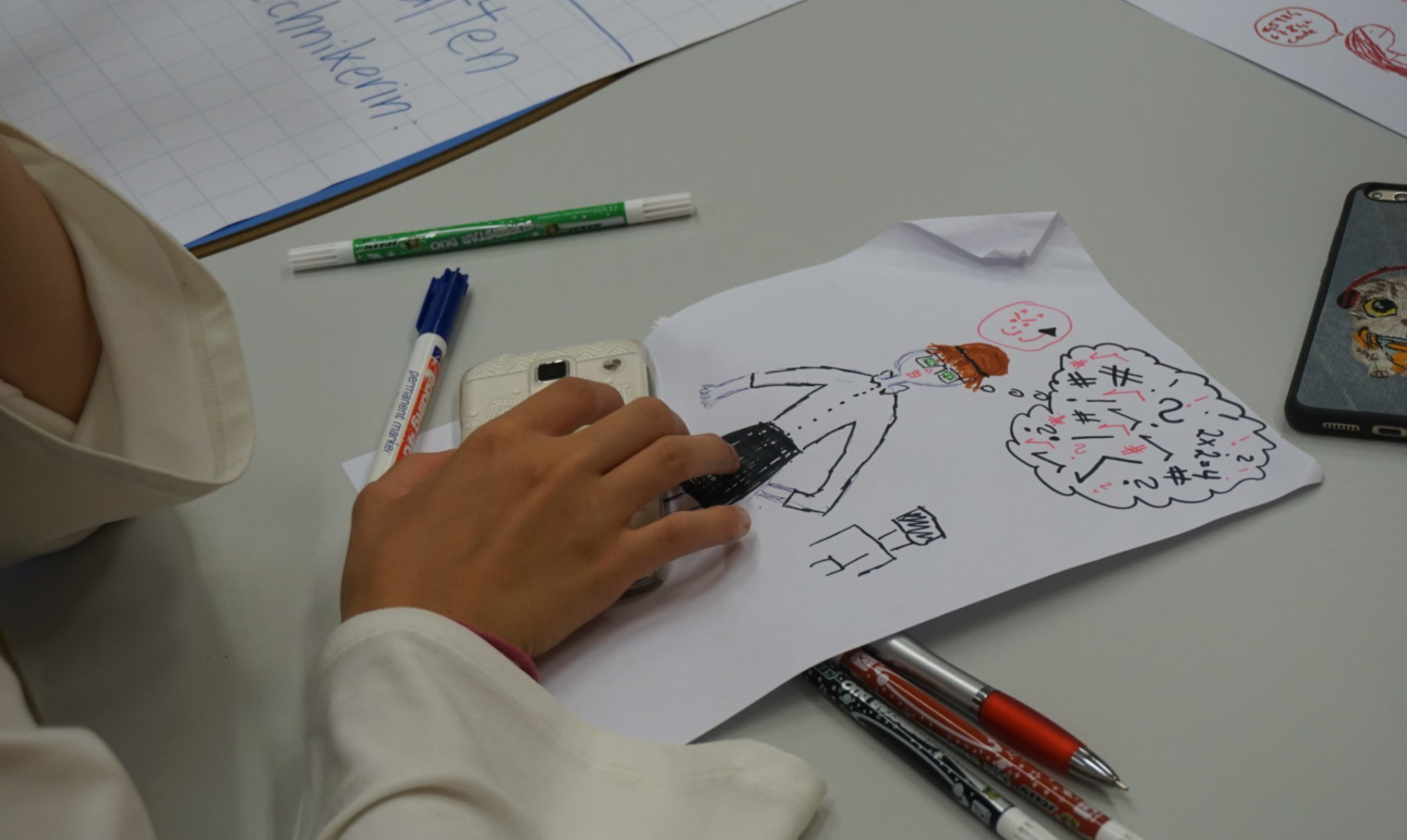Combining Computational Thinking, Entrepreneurship, and Green Skills
How to cite: Bernadette Spieler, Melanie Kieber, Julia Lanz, Harald Burgsteiner, Sandra Tomeschek, Martin Kandlhofer, Luciana Ayciriex, Karl Kruusamae. Constructionism as a Key to Interdisciplinary Competences: Combining Computational Thinking, Entrepreneurship, and Green Skills. (2025). Constructionism Conference Proceedings, 8, 249-260.
https://doi.org/10.21240/constr/2025/70.X
- Bernadette Spieler Zurich University of Teacher Education https://orcid.org/0000-0003-2738-019X
- Melanie Kieber Zurich University of Teacher Education
- Julia Lanz Styria University of Teacher Education https://orcid.org/0009-0004-9567-9796
- Harald Burgsteiner Styria University of Teacher Education https://orcid.org/0000-0001-7800-8414
- Sandra Tomeschek Austrian Computer Society https://orcid.org/0009-0000-2354-739X
- Martin Kandlhofer Austrian Computer Society https://orcid.org/0000-0001-6410-2071
- Luciana Ayciriex Inmark Spain https://orcid.org/0000-0003-2472-8170
- Karl Kruusamae University of Tartu https://orcid.org/0000-0002-1720-1509
DOI:
https://doi.org/10.21240/constr/2025/70.X
Keywords:
Computational thinking, Entrepreneurship education, Green skills, Constructionism, Transversal Competences
Abstract
One of the biggest challenges in education today is equipping learners with future-oriented skills that take into account technological advances, environmental sustainability and entrepreneurial innovation. As part of the Erasmus+ “ComeThinkAgain” project, this paper presents a consolidated list of competences and teaching methods aimed at promoting computational thinking (CT), entrepreneurship education (EE) and innovation as well as green skills (GS) and social responsibility. Based on an in-depth literature review, existing frameworks, and a curriculum analysis, this research synthesizes a cross-country competence list. This list was validated and refined through nine co-creation workshops across the partner countries, in which various stakeholders discussed the list of competences and teaching methods to ensure relevance to practice. Central to this effort is the application of constructionism, which serves as a unifying approach to developing these competences. By emphasising learning by doing and active exploration, constructionism provides a practical basis for the cross-curricular integration of CT, EE and GS and thus promotes systems thinking, environmental responsibility and strategic innovation. This approach allows for the design of modular learning systems for both vocational education and training (VET) and higher education (HE), creating comprehensive micro-modules for sustainable and interdisciplinary skills development.
